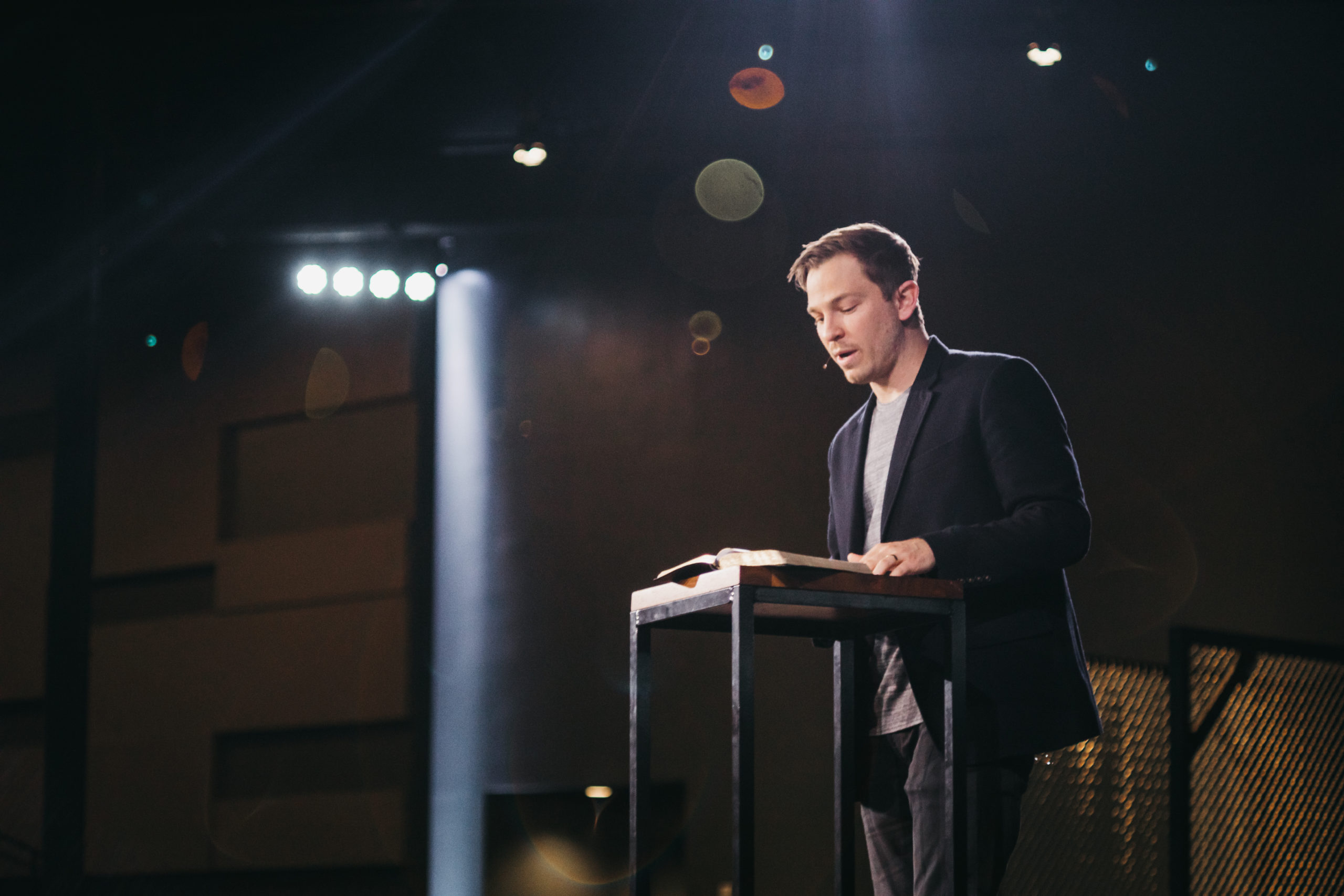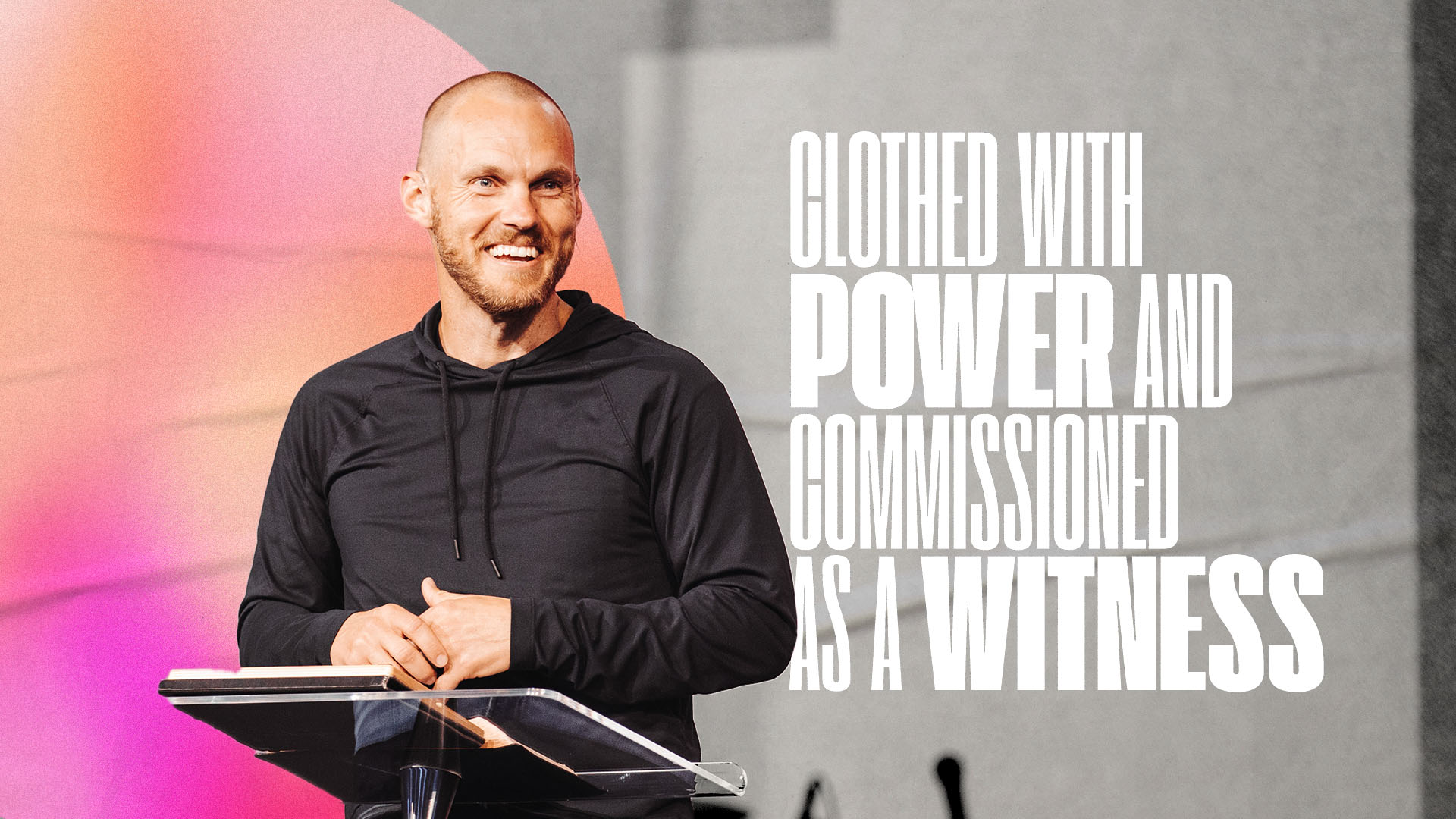“Nothing teaches us about the preciousness of the Creator as much as when we learn the emptiness of everything else.” Charles Spurgeon
“Whatever your heart clings to and confides in, that is really your God, your functional savior. ” Martin Luther
We ended our first piece on this topic of idolatry by looking at a passage from 1 John 2:15-17.
15 Do not love the world or the things in the world. If anyone loves the world, the love of the Father is not in him. 16 For all that is in the world—the desires of the flesh and the desires of the eyes and pride of life[c]—is not from the Father but is from the world. 17 And the world is passing away along with its desires, but whoever does the will of God abides forever.
We noted that John opens this text by giving us a short command that sums up the scope of what idolatry is: misguided worship and the elevation of our affections for things that aren’t of or from God. He tells us not to love the world or the things in the world. It’s okay to love things, it’s just not healthy or helpful for our spiritual walk with Jesus to place our affections in that which can’t truly satisfy us.
There are serious consequences of letting idolatry infiltrate our hearts and remain in our souls. That’s what John ends this text by reminding us. Our idols, the things we are tempted to find such significance and hope in, are fading away. And if our lives mirror what we worship, then a heart full of idols is in danger of fading away as well.
The Dangers of Idolatry and the Rewards of True Worship
Idolatry, or the worship of idols, has become so familiar and entrenched in the background of our society, that we rarely stop to consider the danger of this heart practice we have let occupy a central position in our lives.
It’s as if we have brought a lion into our bedroom but insist on treating it like a kitten.
In Colossians 3:5-6, Paul writes:
“Put to death therefore what is earthly in you: sexual immorality, impurity, passion, evil desire, and covetousness, which is idolatry. On account of these the wrath of God is coming.”
In chapter 44 of Isaiah, the prophet provides a fantastic examination of the folly of idolatry. He concludes in verse 20 that for the man who worships idols…
“He feeds on ashes; a deluded heart has led him astray, and he cannot deliver himself or say, “Is there not a lie in my right hand?”
What’s the danger of idolatry? Not only do we not give God the glory He rightfully deserves. But we also run the risk of deluding our hearts, being led astray by false promises and false hopes, and ultimately, failing to find deliverance in that which we trusted could save us.
When we think about idolatry through this lens and understand that our misdirected worship has devastating consequences, it can be difficult to imagine how we get pulled into this narrative time and time again. However, idolatry is steeped in deception and saturated with false promises.
Commentator and author David Brooks highlights this idea well when he writes:
“At first, idols give you everything and ask nothing. But at the end, idols ask everything and give you nothing.”
Like Spurgeon said above, the earth and all its treasures, the riches, glories, or pleasures of this world are all fleeting. They might initially look golden and glitzy as an alluring light, but all are built upon an eventual emptiness. All are lacking the ability to truly satisfy a heart that longs for eternal joy.
Perhaps the most detrimental aspect of idolatry is this slow deterioration of fulfilling joy. When we anchor our affections in those things which were never meant to truly delight us, we exchange the eternal riches of God with a facsimile, a lie, a piece of fool’s gold.
This is what Paul recognized as being true of the Romans when he wrote in chapter 1:21-23
“For although they knew God, they did not honor him as God or give thanks to him, but they became futile in their thinking, and their foolish hearts were darkened. Claiming to be wise, they became fools, and exchanged the glory of the immortal God for images resembling mortal man and birds and animals and creeping things.”
When this exchange is made, when idolatry becomes the leading practice of our hearts, our thoughts become futile and our hearts become darkened. We become unaware of the joy and light that abounds through Jesus, as the Apostle John tells us that “in him (Jesus) was life, and that life was the light of men” (John 1:4).
These dangers are real, but they don’t need to become a reality for you or for me. For those who have been saved and adopted into the family of God, who have the first fruits of the Holy Spirit, these sons and daughters can do what Paul writes and “put to death the deeds of the body” (Romans 8:13).
If we do this, we will live. More than that, we will be positioned to offer God our very lives as living sacrifices (Romans 12), a spiritual worship that aligns with the invitation from Jesus in John 4 to the Samaritan woman at the well to “worship God in spirit and in truth.”
You have a unique and specific invitation to worship the King of Kings and Lord of Lords. But if you spend your limited time here on planet Earth crafting and calling out to your idols, you’ll run the risk of missing your opportunities to glorify what truly matters as your voice will get weaker, your eyes more clouded, your ears more dimmed, until one day, you become like what you worship.
This isn’t a matter of preference or particulars. This is a battle for the very thriving of your faith and your followership of Jesus.
Dethroning our Idols by Savoring the Savior
God commanded Israel to have no other gods before Him and to make no images (both with physical materials and imitating things of earth, including ourselves) not to be tyrannical, but because He knows that He is the best thing we could ever pursue. He knows that in Him dwells all life, all joy, all satisfaction, all hope, all goodness. He wants us to experience that, but in order to do so, we must treasure Him above all other counterfeit gods that claim to be likewise fulfilling.
Instead of forcing our obedience, in love, He provided a way of adoption to sonship and daughtership. Instead of neglecting our needs the first time we rebelled against Him, He gave up His greatest treasure. Himself. He did not spare His own Son, but gave Him up for us all.
How marvelous. How wonderful. How convincing of His character and worthiness?
By His Spirit and through His blood, we can dethrone our idols and shift our affections from the passions and desires of our former ways that only lead toward empty and abandoned hopes. We can move our loves towards the arms of the One who taught us the greatest truths about love, our Savior and Lord Jesus Christ.
All that sounds nice in theory, but theory alone doesn’t dethrone idols from the center of our hearts. We need to couple our theology with tangible, practical steps that help us recenter our affections on our King.
If you want to dethrone your idols, here are five steps toward finding new freedom:
- Confess and repent from lesser worship.
- Safeguard against slippery slopes.
- Prioritize a pure and personal relationship with Jesus.
- Pray short prayers consistently throughout your day.
- Implement a habit of reflection on and gratitude for God’s goodness.
How can you move something off the throne of your heart if you aren’t willing to acknowledge and confess that there is an imposter currently seated where Christ should be ruling?
So tell God that you know and are grieved by the idols you’ve let become too comfortable in your heart. Then once you confess and repent, think of practical safeguards that you can establish that will help you not fall back into those easy-to-desire traps. Maybe you set up an accountability partner. Maybe you remove a physical item from your room or house. Put up safeguards.
With safeguards up, you can concentrate on cultivating a pure and personal relationship with Jesus. He wants to walk with us. Not ahead of us. Not behind us. With us. He wants to be right by our side in the fire and in the fight. But He also wants us to prioritize purity. He inhabits the praises of His people, but He doesn’t want to inhabit idolatrous praise. He desires pure and holy praise.
Getting very practical, begin to pray short prayers consistently throughout your day. Many people think prayer has to happen only in the morning or the evening, or maybe around mealtime. Instead, shift into praying nonstop. It doesn’t have to be much – a few words, a sentence here or there. It’s more about alignment than about paragraphs of right-sounding words. Again, God wants to be with you and there are few better practices to safeguard against your idols than being with God.
Lastly, if you truly want to dethrone your idols, you’re going to need to replace them with something greater. We mentally know that only God deserves to be on the throne of our hearts and is worthy of our total worship. But how do we convince our hearts of that truth? We reflect on and are grateful for His goodness.
Idolatry has not disappeared from the human heart and the opportunity to misdirect our worship will always tempt the souls of mankind. But we have something more precious than all the idols of the world could ever supply. A real and tangible relationship with the God of all things, all times, and all glories.
And when we strive, through His Spirit, to savor that relationship, our affections will surely follow.

What is Idolatry in Our Modern-Day Society?
Does Idolatry Still Exist? Pt. I
Idolatry is the misdirection of our worship. It’s our hearts clinging and confiding in that which does not or cannot bring us peace or security. It is the elevation and glorification of anything other than God, which eventually leads to personal emptiness and separation from true life.
Read Now




